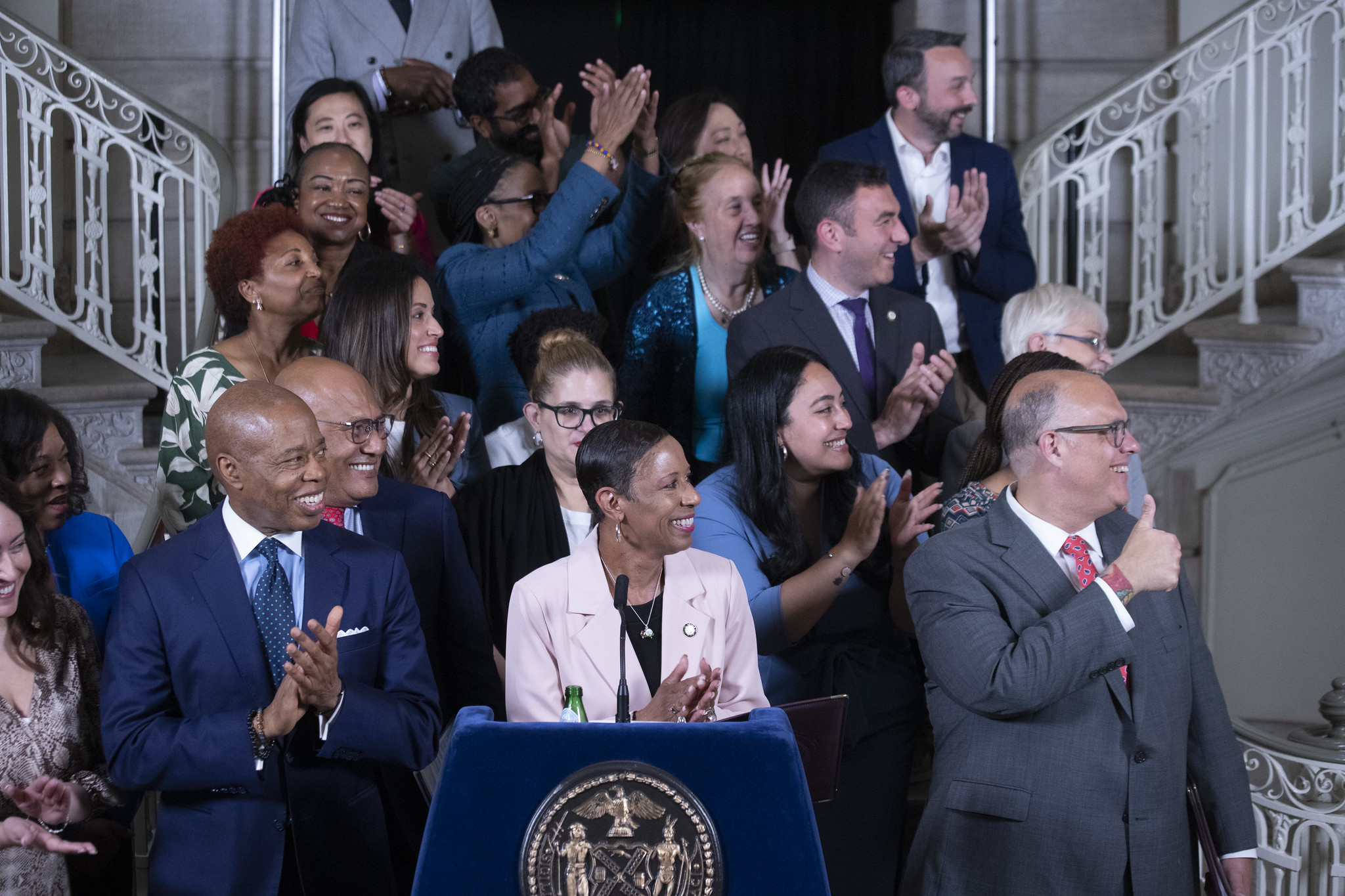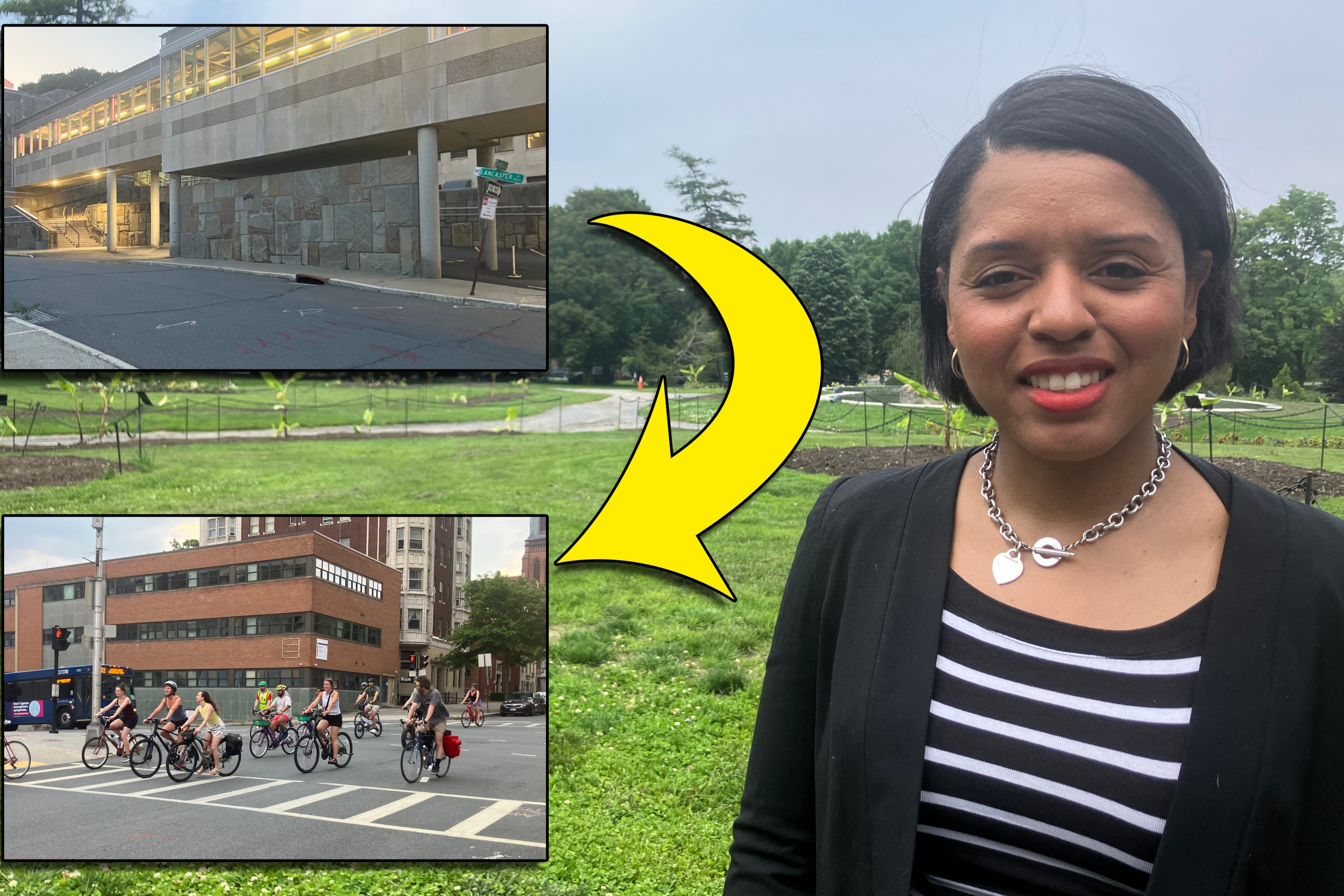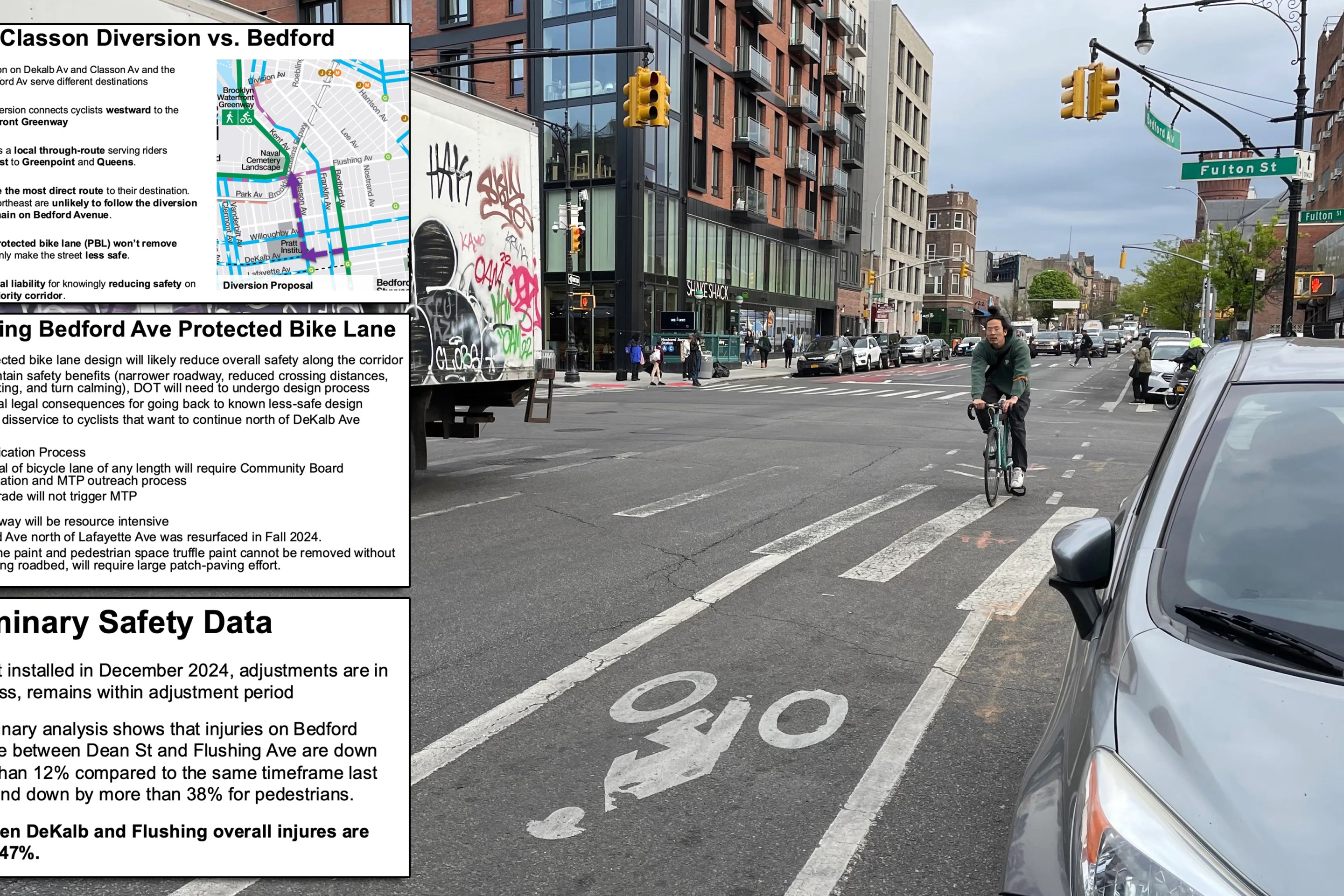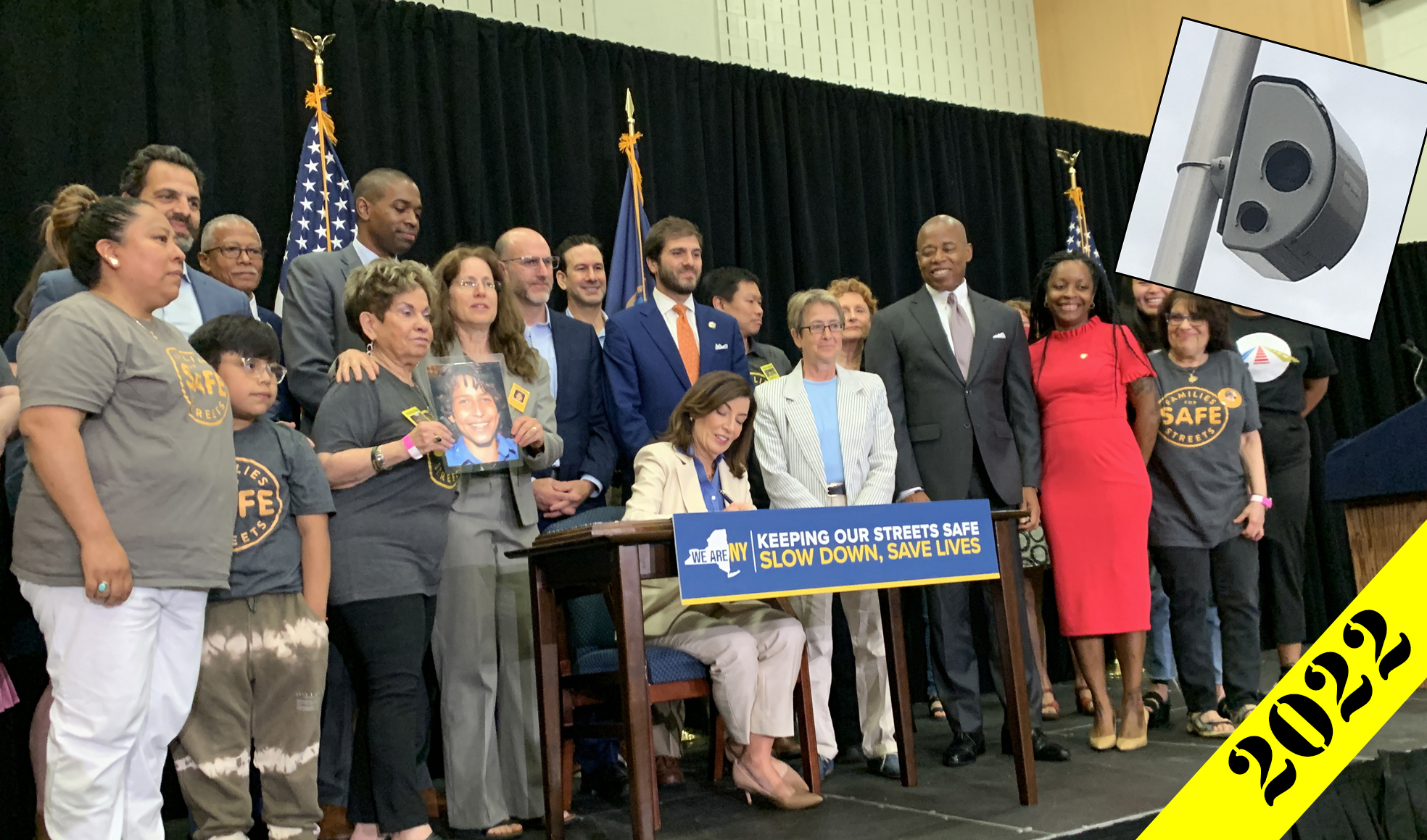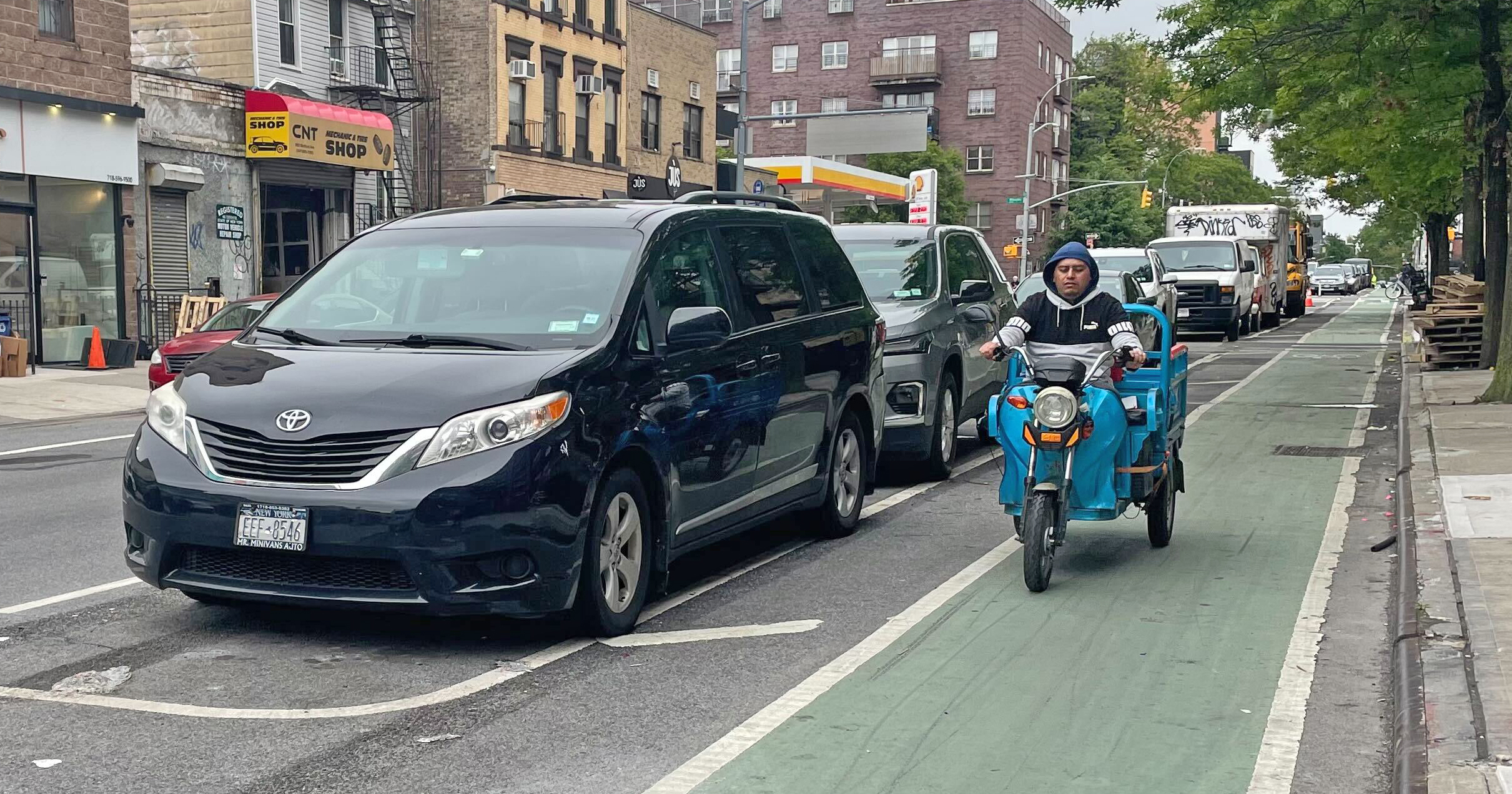The Senate passed its jobs bill today by a 70-28 vote, bringing Congress one step closer to a $20 billion transfer that would keep the nation's highway trust fund solvent until 2011 and extend the 2005 federal transportation law.
 House transportation committee chairman Jim Oberstar (D-MN) (Photo: Capitol Chatter)
House transportation committee chairman Jim Oberstar (D-MN) (Photo: Capitol Chatter)The bill's future in the House appears bright, as Democrats in that chamber point to the urgent need to pass legislation showing their commitment to stemming the rising tide of unemployment. But members of the House transportation committee, including chairman Jim Oberstar (D-MN), remain concerned about a little-discussed provision in the Senate jobs bill that they consider an unfairly biased distribution of infrastructure funding.
The Senate language in question would extend two grant programs created by the 2005 federal transport law, often referred to by its acronym of SAFETEA-LU.
Those programs were the Projects of Regional and National Significance (PRNS), which allowed lawmakers to steer funds to multi-year proposals that often had a transit or freight component, and the National Corridor Infrastructure Improvement Program (NCIIP), which focused largely on earmarks for massive road projects (including Alaska's infamous Bridge to Nowhere).
Extending the PRNS and NCIIP grants through the end of 2010 would result in an estimated $932 million of new funding. The House-passed jobs bill would free up that money for a merit-based process, with all 50 states eligible to submit their transport plans, but the Senate-passed jobs bill would keep that money flowing to its 2009 beneficiaries, according to Oberstar's office.
What does that mean in practice? Of the $932 million, 58 percent would automatically go to four states: California, Washington, Louisiana, and Illinois. Nine other states would get between $20 million and $50 million in 2010, and 22 states would "not receiv[e] a penny," as 23 members of Oberstar's committee wrote yesterday in a letter to House Democratic leaders.
Here's a longer excerpt from that 23-lawmaker letter:
This transportation funding proposal [in the Senate jobs bill] is unfair to the taxpayers of 46 states, unresponsive to the whole nation's infrastructure and job creation needs, and unacceptable to the House of Representatives. We request that you work to ensure that any extension of surface transportation programs maintains the discretionary, competitive nature of the [two grant] programs, rather than distributing funds based on fiscal year 2009 earmarks. This is not a new concept...
We believe the Department of Transportation is prepared to quickly distribute these funds to needed projects across the nation, either by funding worthy applications to the oversubscribed TIGER program or through existing mechanisms... Such an approach would ensure broad investment in worthy projects rather than directing large amounts of funding on a non-competitive basis to a few lucky states.
Eight House members from the North Carolina delegation sent a similar, bipartisan letter to both House GOP and Democratic leaders, urging them to make sure that "funds from the two [grant] programs are allocated equitably and that projects of national significance in all parts of the country are given a fair opportunity for funding."
The entire Massachusetts delegation, including Sens. Scott Brown (R) and John Kerry (D), sent a similarly worded letter of their own to Democratic leaders in the House and Senate on Monday.
Oberstar spokesman Jim Berard said in an interview that while the transportation panel chairman has "consistently been
for shorter extensions" of the 2005 law "rather than longer ones" -- the House jobs bill has one that lasts until September 30 -- the Senate version's treatment of the PRNS and NCIIP grant programs is a more significant obstacle to winning his support.
